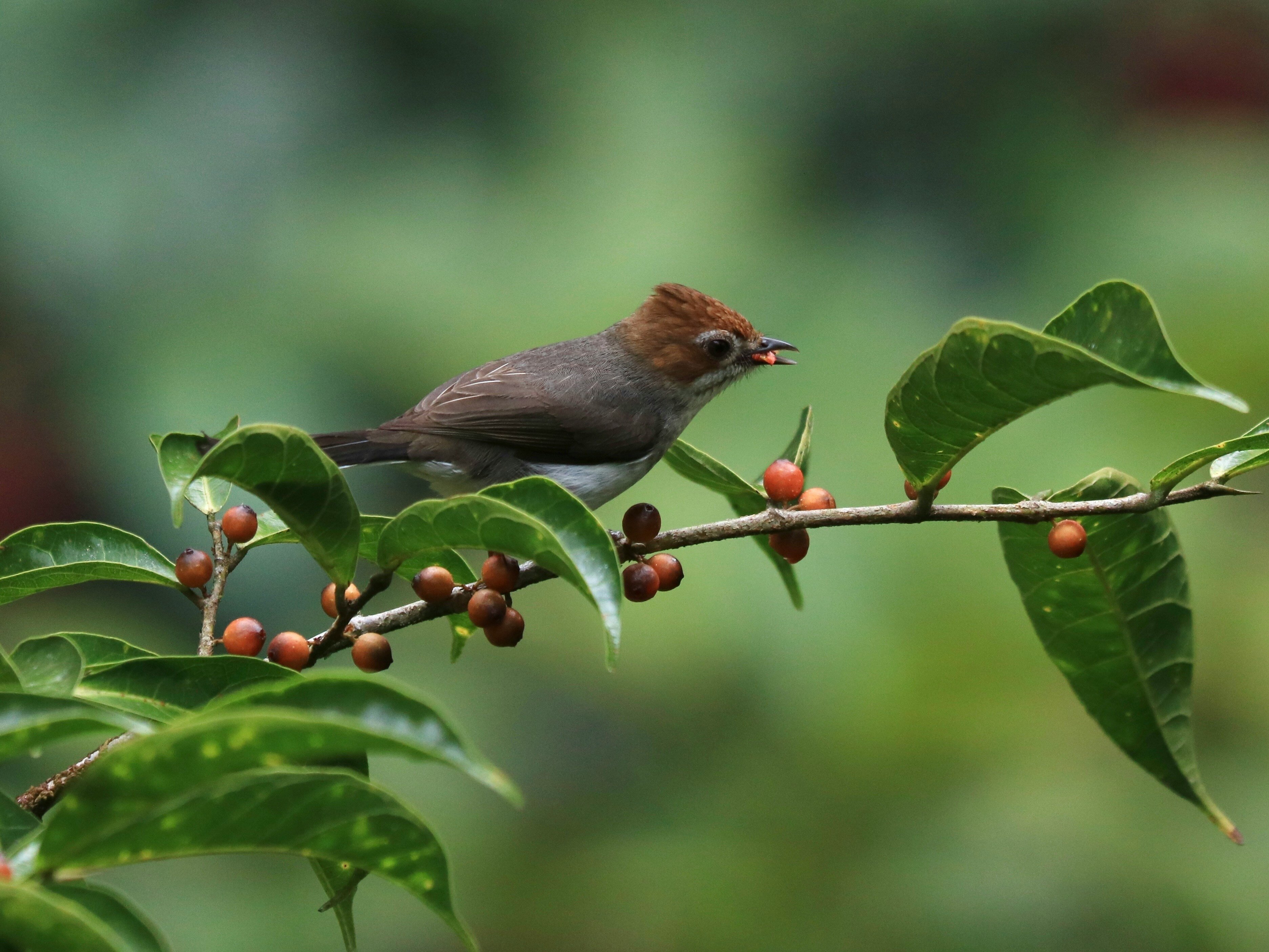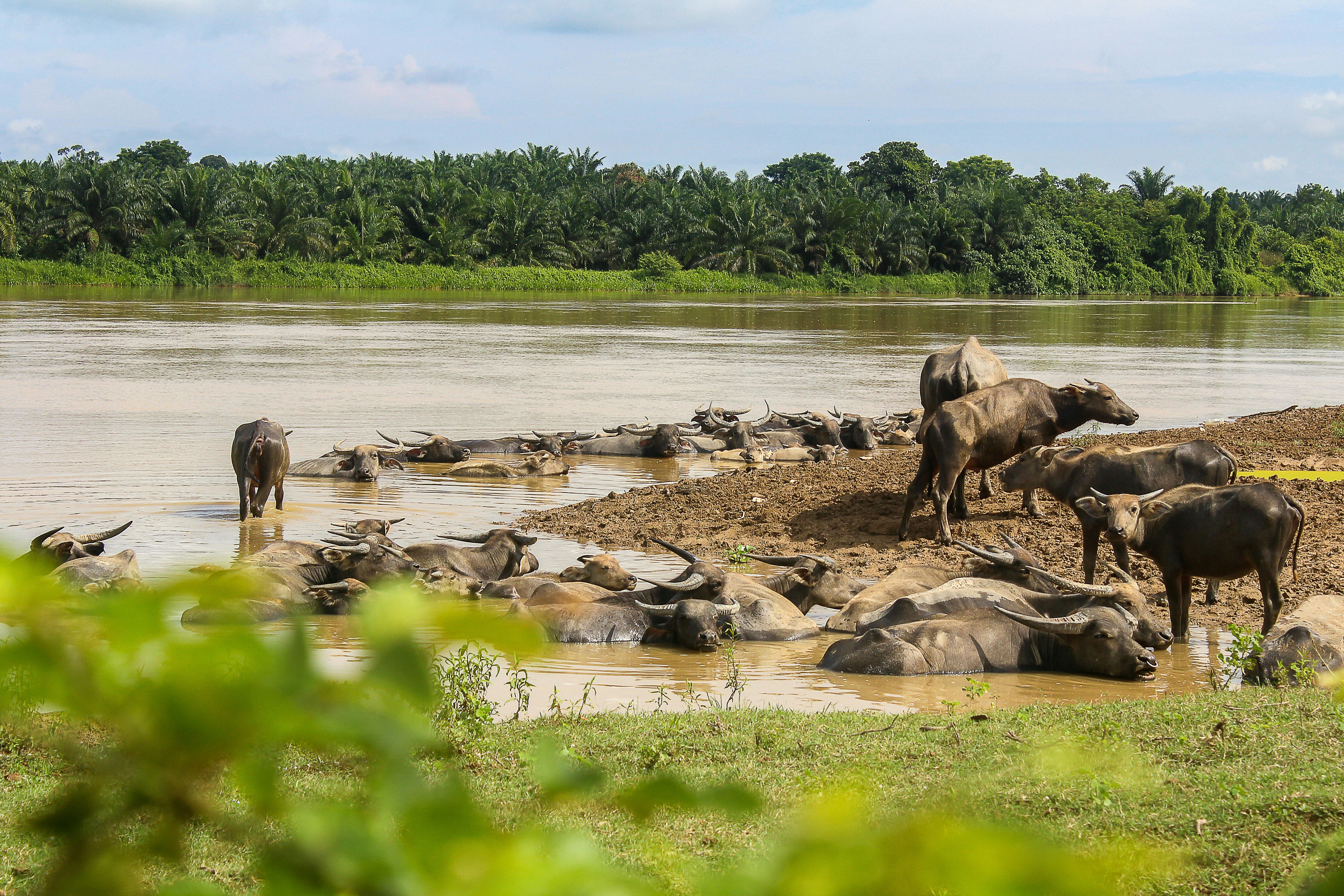Week 31: Conservation Finance News
BCX auctioned its first locally-generated nature carbon credits
BCX auctioned carbon credits from the Kuamut Rainforest Conservation Project in Sabah, setting a benchmark price of RM50 per contract for voluntary carbon credits in Malaysia. Nik Nazmi highlighted the auction's significance in establishing a price standard and encouraged corporate participation in environmental goals. Bursa's CEO emphasized the need for a compliance carbon pricing tool to support local projects and business sustainability. The Kuamut Project exemplifies forest management, providing climate, community, and biodiversity benefits in line with UN SDGs. To know more, you can click here.
Climate Change Bill to Drive Business Opportunities
A forthcoming climate change bill aims to promote environmental sustainability and create new business opportunities, per Minister Nik Nazmi Nik Ahmad. The bill aims to regulate major polluters by combining incentives and penalties, focusing on companies that meet stringent sustainability standards required by markets, especially the EU. The bill aligns with the National Adaptation Plan, the carbon market framework, and supports disaster mitigation efforts. Nik Nazmi stressed aligning businesses with national sustainability goals at the Selangor ASEAN Business Conference. Click here to learn more.
Sabah enhances decision-making through biodiversity database
The Sabah government aims to improve its decision-making processes through enhanced data collection, as highlighted by State Secretary during the launch of the Sabah Biodiversity Integrated Information System (SABIIS). He emphasized the importance of a robust data system for infrastructure development, flood prevention, and economic sectors, using scientific evidence and public contributions for future projects. The iSaBIIS mobile app gathers public biological data to enhance environmental monitoring and conservation in Sabah, building on a 50-year database of flora and fauna. To learn more, you can click here.
Progress in mangrove conservation efforts highlighted in a recent report
Findings from The State of The World's Mangrove Report 2024, efforts to conserve mangroves are gaining momentum, but additional funding is needed to meet international goals. The Mangrove Breakthrough’s Roadmap aims to raise $4 billion at COP28 to restore 15 million hectares of mangroves by 2030, with support from private, public, and philanthropic capital. Meanwhile, in Malaysia, The book 'Status of Mangroves in Malaysia' was launched during the International Day for the Conservation of the Mangrove Ecosystem 2024. This edition provides the latest data on Malaysia's mangrove forests, essential for conservation efforts to preserve this critical ecosystem for future generations. Click here to learn more.
Sarawak plans to gazette 13 new forest estates totaling 814,437 hectares
Sarawak plans to gazette 13 new permanent forest estates (PFEs) totaling 814,437 hectares, along with proposing 31 more PFE areas. Deputy Premier Datuk Amar Awang Tengah Ali Hasan highlighted the importance of Federal government support through Ecological Fiscal Transfer (EFT) for conservation activities during the National-level International Day for the Conservation of the Mangrove Ecosystem event. Sarawak has already gazetted 12,950 hectares (19%) of mangrove forest as totally protected areas (TPAs) and 11,084 hectares (16%) as PFEs.. To know more, you can click here.
Remote peatland granted UNESCO World Heritage status
The Flow Country in northern Scotland, a UNESCO World Heritage Site, is the first peatland area globally to receive this status. Recognized for its vast blanket bog and rich biodiversity, it plays a crucial role in carbon storage. This decision marks Scotland's first natural World Heritage Site, celebrated for its importance in combating climate change and preserving unique ecosystems. To know more, you can click here.
Regulation on biodiversity credits needs Article 6 for nature, expert says
Establishing an international mechanism to regulate biodiversity credit trade globally, akin to Article 6 of the Paris Agreement, is crucial for government support and market growth. Simon Morgan of ValueNature emphasized the need for alignment at an online event hosted by the Society of Ecological Restoration. This could drive international regulation and market development in regions like Africa, where opportunities are currently limited. To learn more, click here. Click here to learn more.
Plan Vivo addresses unintended leakage risk in biodiversity crediting projects
Plan Vivo Foundation is developing a leakage tool for biodiversity projects to assess unintended consequences, aiming to enhance conservation effectiveness. Experts and organizations are invited to develop a tool to assess unintended leakage in biodiversity projects, addressing the negative impacts of conservation actions in PV Nature projects. The tool will be publicly available for users seeking PV Nature certification.This initiative aligns with the PV Nature standard for tradable biodiversity certificates, promoting nature support. Click here to learn more.
CreditNature and ValueNature partner to scale nature markets
CreditNature and ValueNature are partnering to scale nature markets in Africa, Europe, and the Americas by streamlining their credit products and developing conservation impact credits using a shared methodology. This collaboration aims to facilitate quicker onboarding of projects internationally and create opportunities for investment in nature restoration at scale. To learn more, click here.
TFM: Innovative funding approach for forest conservation
Three Brazilian organizations, supported by Amazon 2030, BVRio, and the Igarape Institute, introduced a Tropical Forests Mechanism (TFM) at COP28 to raise $250 billion for rainforest preservation. The TFM encourages sectors to contribute $1 per barrel of oil, potentially generating $30 billion annually. It also proposes a $3,000 penalty for each hectare of deforestation, aligning with Brazil's Tropical Forests Forever Fund strategy. This global initiative focuses on protecting and restoring tropical forests, emphasizing the value of ecosystem services and climate resilience. To know more, you can click here.



